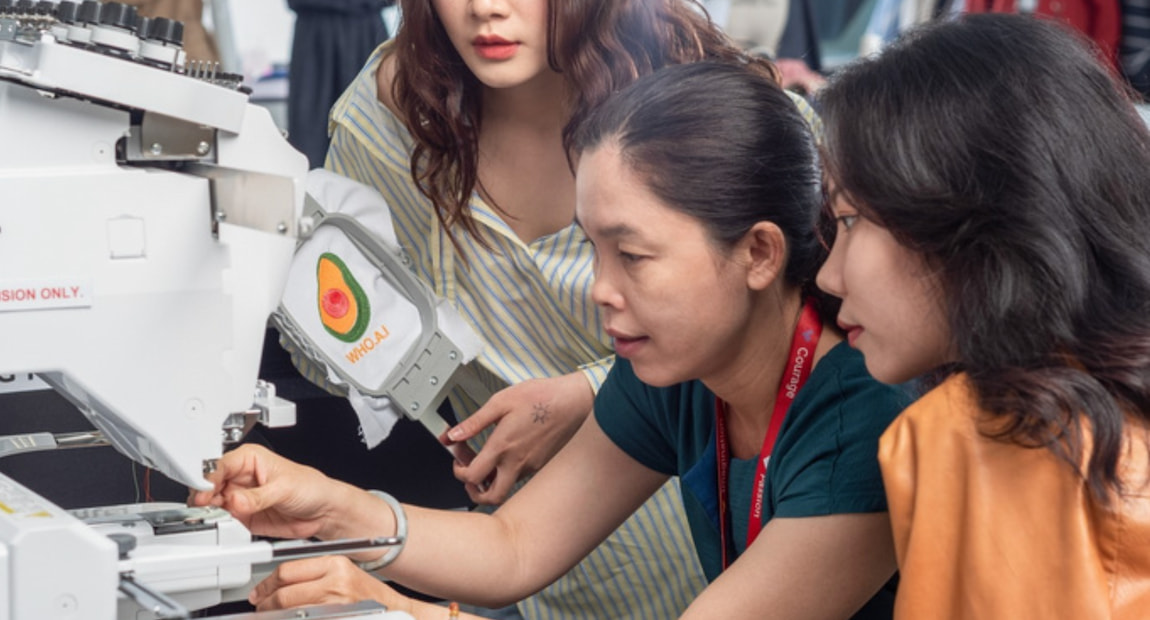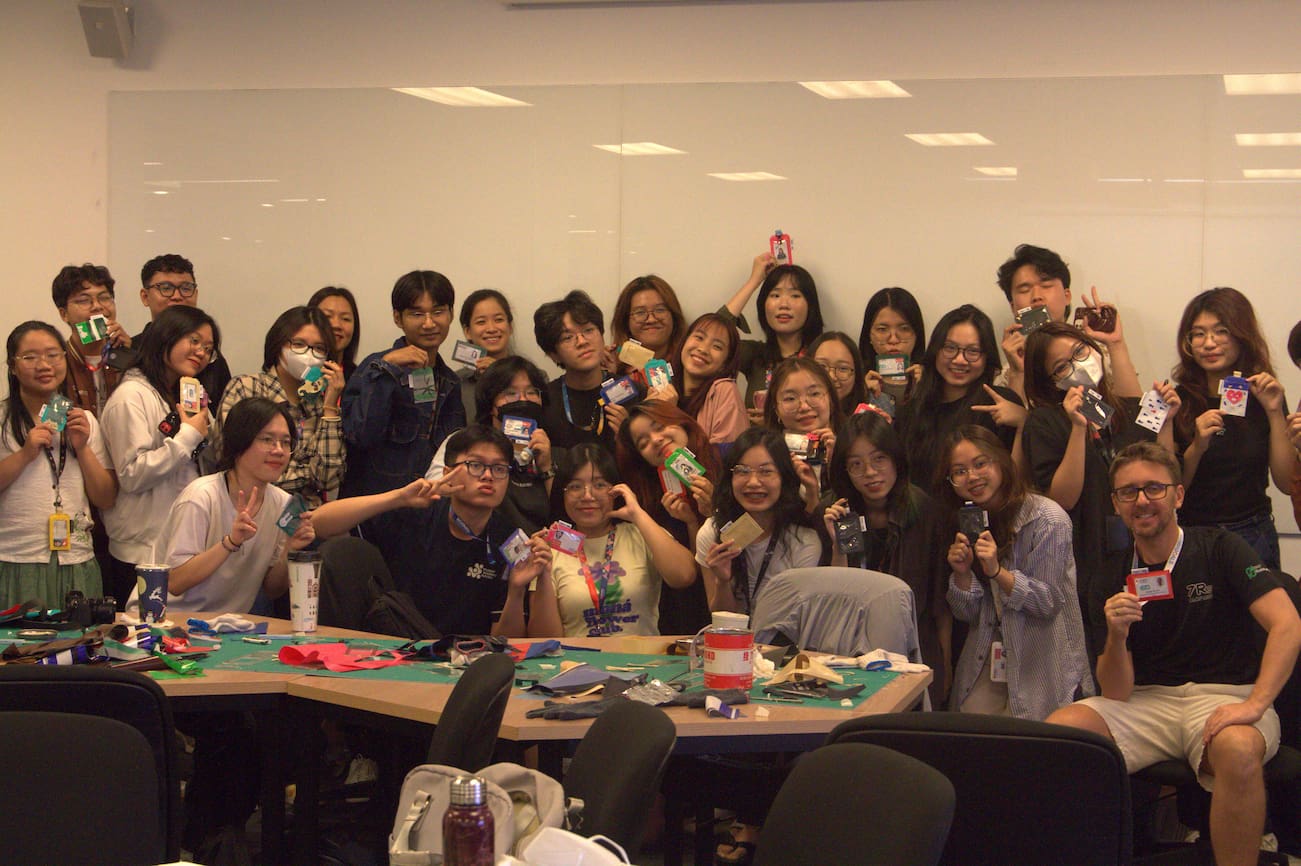“One hundred per cent of our course curriculum aligns with the Sustainable Development Goals (SDGs), and 95.7 per cent of our courses incorporate sustainability elements in their learning and teaching materials.
“Faculty staff perceived sustainability integration as highly important and are working towards more progress to deliver suitable sustainable knowledge and skills.
“By aligning our courses with these global objectives, we ensure our academic offerings address immediate educational needs and contribute meaningfully to global sustainability efforts.
“This has enriched our educational offerings and enhanced our students' employability by equipping them with the skills to contribute to a sustainable future,” said Associate Professor Cleveland.
Associate Program Manager at the School of Communication & Design and the chief investigator of the report, Dr Nguyen Van Thang Long said the integration of sustainability in the curriculum, prepares students for future work readiness by exposing them to a transformative learning environment.
“This is achieved through theoretical knowledge and practical skills related to the SDGs, problem-solving assessments, case studies, and work-stimulated scenarios that offer a dynamic educational experience beyond traditional lectures and exams.”
Fashion Enterprise Lecturer, Associate Professor Rajkishore Nayak said sustainability is a prominent edge in the curriculum for students’ work readiness.
“By having a solid understanding of sustainability, students can benefit their careers by attracting companies seeking to incorporate sustainable practices into their operations. Especially in the fashion industry, where it has been challenging for companies and its practitioners,” he said.
Dr Long emphasised that it is important to identify the right SDGs and indicators for each program, as there is no ‘one size fits all’ solution.
“Mapping and understanding the nature of the course, the industry can provide insights into which SDGs require more or less focus in the curriculum and material design.
“It is crucial to differentiate between ‘must-have’ and ‘nice-to-have' SDGs, allowing educators to develop teaching materials that reflect the requirements of each program,” Dr Long said.
From recorded imbalanced theoretical understanding and practical execution of SDGs in curricula, Dr Long reminded educators not to fall into the abstract approach.
“Especially for management education, a localised and practical approach to sustainability problems using case studies, assessments, and innovative curriculum will be the future of work-applied education at scale rather than a purely theoretical approach,” Dr Long said.
Some lecturers view sustainability curricula as a challenge because it requires proper implementation to make it impactful and practical. It goes beyond labelling content or assignments under the SDGs and involves incorporating responsible and ethical practices into their work.






